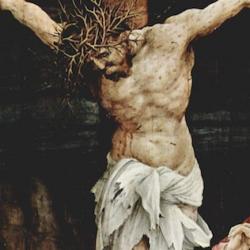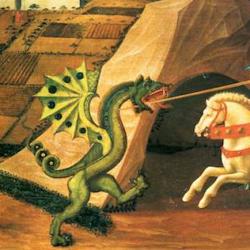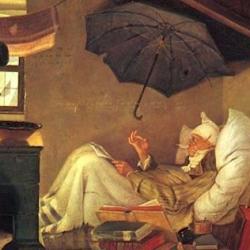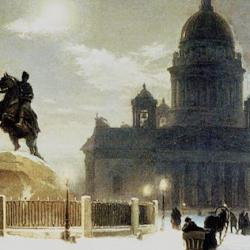In a 1950 article on “Agrarianism in Exile,” Richard Weaver pointed out that the Southern Agrarians did not begin their careers are publicists or partisans, but as poets: “The served the music of poetry” (589).
This is revealing: “It tells us a great deal about a man to know that he chooses as his form of expression the poetic medium. It tells us, I think, something about his system of ontology. The composition of poetry is evidence that for him values have a reality, and he is capable of emotion upon the subject of value. The entire corpus of the world’s poetry rests upon a theory of universal analogy which teaches that all phenomena in some degree resemble each other. There is a minimal truth in even the wildest metaphor simply because the world is, from one point of view, a unitary thing. And this amounts to saying that it is a creation” (589).
If “poetry is this system of universal analogy,” and if poetry presses to the “most universal thing,” then poetry is not merely an ontology but “a form of worship.” Whenever the poet draws an analogy or comparison, it carries implication: “The poet likens life now to a prosperous sea voyage; again to the sere and yellow leaf. These do not end with mere description. They place the subject somewhere on this ladder of universal analogy, so that we gain an insight into its relationship to true being.” Metaphor is “the bridge between the phenomenal and noumenal world,” so that “the practice of poetry amounts in effect to a confession of faith in immanent reality, which is the gravest of all commitments” (589-90). That is, it is a confession of faith in the meaningfulness of immanent reality, that the immanent is real insofar as it discloses what is ultimately real.
Strip off the Kantian terminology and the Weaverian neoplatonism: Yet Weaver is exactly right about the relation of poetry, ontology, and worship.
(“Agrarianism in Exile,” Sewanee Review 58:4 [1950] 586-606.)










